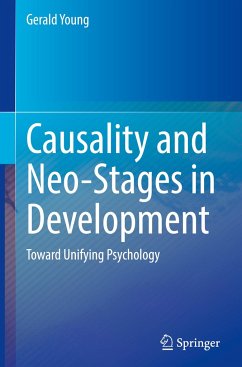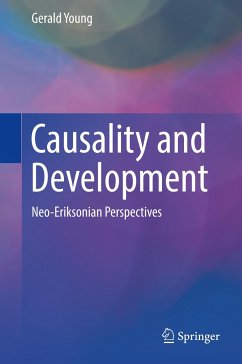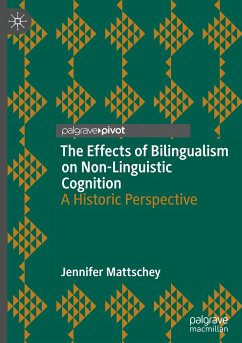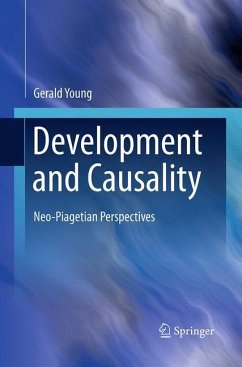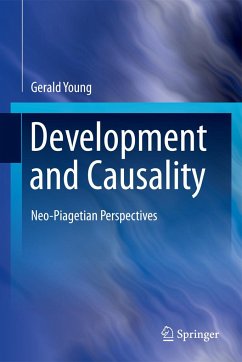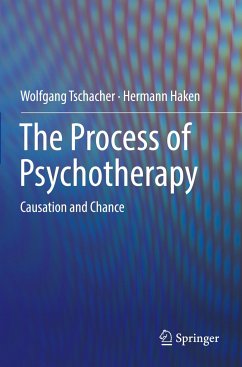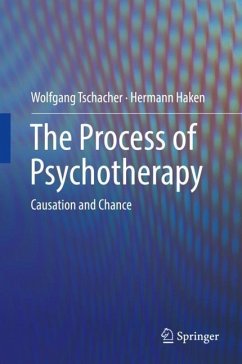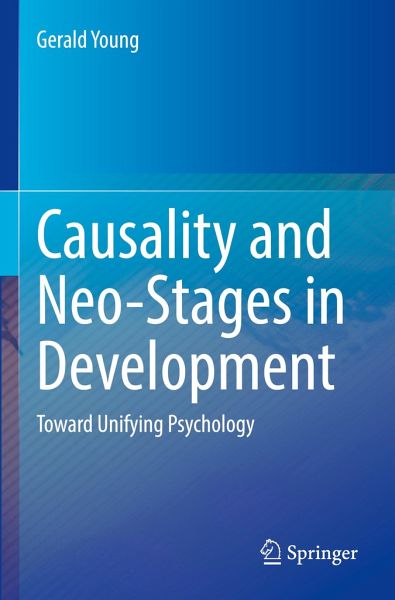
Causality and Neo-Stages in Development
Toward Unifying Psychology
Versandkostenfrei!
Versandfertig in 6-10 Tagen
149,79 €
inkl. MwSt.
Weitere Ausgaben:

PAYBACK Punkte
0 °P sammeln!
This book represents a broad integration of several major themes in psychology toward its unification. Unifying psychology is an ongoing project that has no end-point, but the present work suggests several major axes toward that end, including causality and activation-inhibition coordination. On the development side of the model building, the author has constructed an integrated lifespan stage model of development across the Piagetian cognitive and the Eriksonian socioaffective domains. The model is based on the concept of neo-stages, which mitigates standard criticisms of developmental stage ...
This book represents a broad integration of several major themes in psychology toward its unification. Unifying psychology is an ongoing project that has no end-point, but the present work suggests several major axes toward that end, including causality and activation-inhibition coordination. On the development side of the model building, the author has constructed an integrated lifespan stage model of development across the Piagetian cognitive and the Eriksonian socioaffective domains. The model is based on the concept of neo-stages, which mitigates standard criticisms of developmental stage models. The new work in the second half of the book extends the primary work in the first half both in terms of causality and development. Also, the area of couple work is examined from the stage perspective. Finally, new concepts related to the main themes are represented, including on the science formula, executive function, stress dysregulation disorder, inner peace, and ethics, all toward showing the rich potential of the present modeling.



